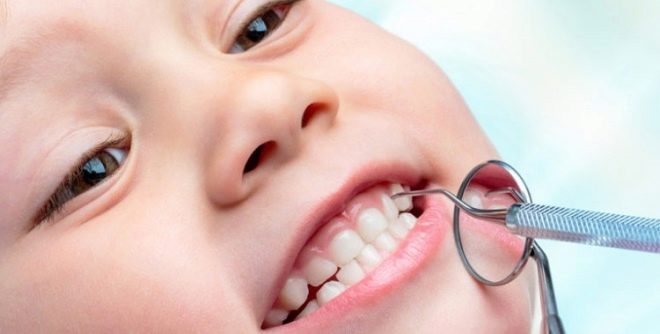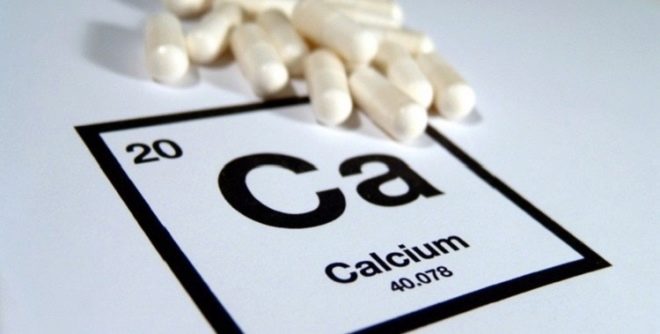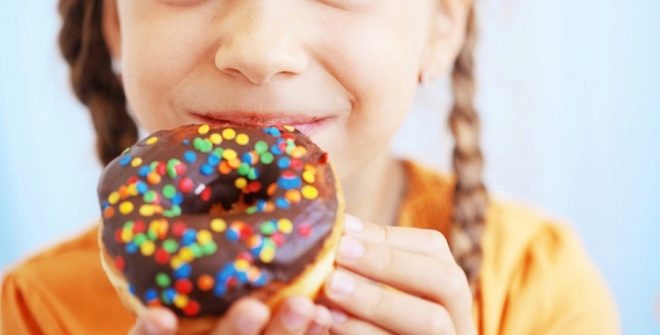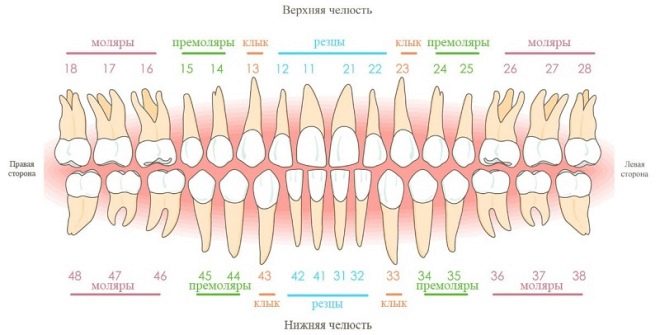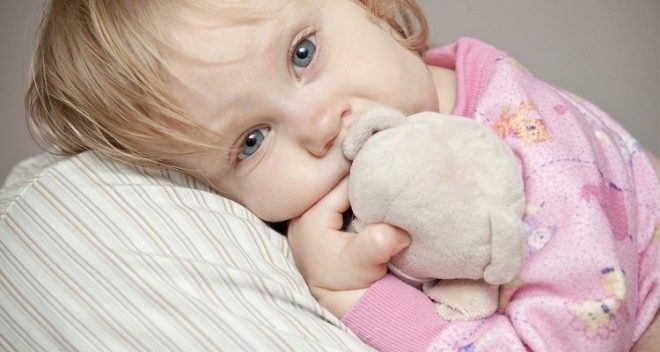Dental problems in children and adults from the point of view of psychosomatics
In some children, the teeth are strong and beautiful from the first years of life, while others - from a very early age become dentist patients. For some adults, toothache is rare, while others constantly keep a small amount of money in case of a regular visit to the dentist, as the fillings do not hold, the gums ache and bleed even after using medical pastes and rinsing, tooth enamel breaks off, teeth for no apparent reason .
In this article we will look at some of the psychosomatic causes of toothache and dental problems.
Medical reasons
Bad teeth are largely due to heredity, according to traditional medicine. If parents are weak and sick, then children, for the most part, inherit the same problems.. Caries, periodontal disease, occlusion, cyst in the root canal - this is only an incomplete list of problems with the health of the jaw. Other reasons include violation of the rules of oral care, the use of a large number of sweets, traumatic effects on teeth.
Toothache is one of the most painful sensations. And most often self-treatment is unacceptable - the help of a dentist is needed.
But look carefully around: not all children who eat a lot of sweets suffer from constant problems with teeth, not all adults who are not too eager to monitor the cleanliness of the oral cavity, visit the dentist with enviable regularity. Traditional medicine, most likely, can only refer to the very same genetic predisposition - bad teeth, the dentist will authoritatively say, - this is heredity.
A special section of medical science - psychosomatics sees deeper causes of frequent dental suffering.
Dental theme in psychosomatic medicine
Psychoanalysis of dental health problems (psychosomatic approach) allows us to answer the most difficult question for medicine - “Why?”. The teeth in the human body, from a physiological point of view, are participants in the digestion, which crush the incoming food, thus making it easier for the stomach to digest. And also the teeth are created by nature for protection, self-defense.
Psychosomatics regards teeth as a demonstration of aggression. Surely everyone saw how animals, intimidating each other or warning about their decisive intentions, grin, show teeth. This behavior was also characteristic of man at the very dawn of his evolution. There is no need to glance now, but the purpose of the jaw has not changed. Subconsciously, any of us is ready to “show teeth” if he feels threatened from the outside.
Children remember the meaning of teeth better than others. That is why they in certain situations at preschool age begin bite. Then, as social skills and ideas about what is the norm of behavior and what is asocial, a mentally healthy person ceases to use his teeth, are obtained.
A person with problematic teeth is a person who is not ready to defend himself, who does not know how, who does not understand how and why he needs to defend himself and his safety. Cowardice, indecision, doubts, inability to show their true emotions, fears, dependence on public opinion are characteristic of him.
He diligently suppresses discontent and anger but it is more comfortable for him to crush them inward than to snap back and show everyone that he is “ready to take the fight,” show his teeth.
How does the disease develop?
A person who is not ready to defend himself and all that is dear to him most often suffers from a lack of calcium. In nature, everything is balanced - what the body does not need is rejected. The more indecisive a person is, the harder it is for him to decide on the choice of the path of his own actions, the less his body is ready for stamina, support. The program of “disarmament” is subconsciously laid out, which also starts reducing the concentration of calcium at the biochemical level (bones, by the way, also become more vulnerable).
To survive, such an “unarmed” person needs to take something that will reduce the likelihood of an attack on him. And here the child or adult includes a program of socialization, quite surely believing that “it will be safer in the pack”. He begins to adapt to the environment, sometimes even to curry favor, to sacrifice his own interests for the sake of public opinion. Inside there is a strong fear of losing the position of society, to become an outcast. He increasingly speaks and thinks in crowd stereotypes, almost does not express his own opinion, if it differs from the general. So starts caries.
No matter how hard the parents of such a schoolboy try, what pastes they buy, what fillings they give the child, he will suffer tooth decay with enviable regularity, even if he is deprived of sweets at all. Calcium preparations in this case will not help much either.
In third world countries, where parents do not think much about brushing their teeth every day, and no one has ever heard of nanopastes, the percentage of children with caries is significantly lower than in developed, civilized countries. The larger the society, the more hierarchy is developed in it, the more there will be those who decide not to clap their teeth, but to submit to the crowd.
Pay attention to the fact that in every kindergarten and school class there are leaders and "subordinates". It is the "subordinates", which is greater, and is the risk group for caries.
Pregnant women, who are often told about the risk of losing the beauty of the teeth during the period of gestation of the baby, all as one believe that the teeth crumble and break because calcium is taken away by the child. But if this were true for everyone, then every expectant mother would suffer from dental ailments. In practice, not every pregnant woman has problems with teeth, and this is normal.
The real reason that a pregnant woman has broken off a tooth or has ached is the very fear of falling out of the usual circle of safety that causes caries in children.
Only future mothers are not afraid of public condemnation, but of anything else - pain in childbirth, give birth to an inferior baby, they are afraid that their husband will abandon them, especially if they are financially and psychologically dependent on him.
And what about sweets, you ask? Really, carbohydrates in large quantities spoil the state of enamel. But it is really a matter of large quantities, which simply will not appear in the child’s life.
Let's imagine a mother or father who cannot give a child full-fledged, normal parental love (busy, very busy, no time) for a number of reasons. It is they, subconsciously suffering from the fact that “something has been given up,” are beginning to replace the lack of this love with sweets, cakes - it is always easier to buy a child a chocolate bar than to spend half an hour with him after a difficult day. Turns out that a child who is little loved and fed with sweets a lot, not only spoils his tooth enamel, but also accumulates internal aggression (all for the same reason, lack of protection and love). It is she who starts the process of dental diseases.
For adults and adolescents, tooth decay is the fear of showing the world its constructive and completely natural natural aggression. The aching pain in the teeth is also one of such manifestations, the increased sensitivity is explained by the same psychosomatic reason.
What hurts?
Fortunately, not all our teeth are sore at once, and therefore we need to understand that the place of pain localization in the psychology of diseases plays an important role.
So, upper jaw responsible for protection. It symbolizes those attitudes that a person considers unshakable - family, home, professional. If there are problems with the upper teeth, then, most likely, the person is not all right with a sense of safety and comfort at home, in the family, at work.
For example, a woman lives with the same man for a long time only because she is afraid of being alone, although there is no love for a long time, and she is not sure about her safety. A man is a satrap and a tyrant, but she is afraid of “showing her teeth”, defending herself, everything suffers. It is precisely in such and similar situations that problems with the upper dentition develop.
Please note: the child cannot aggressively respond to internal stress and the actions of other family members, therefore, the upper teeth in children hurt more often than the lower teeth.
Lower dentition responsible for feeling ownership, aggressive instincts. It is more mobile, and therefore the pain in this part of the jaw is usually peculiar, as a response to the current situation, recent events. More often lower teeth are destroyed and fall out in greedy people., often jealous and seeking to take away, appropriate, pick up, deprive. Sick lower teeth are quite typical for entrepreneurs with an aggressive way of doing business.
The front teeth give trouble to active, purposeful workaholics, accustomed to "grab their teeth" and "bite into the heart of the problem." If workaholism reaches the point of absurdity, then the subconscious load on the front teeth increases, which leads to the deterioration of their condition, to spalling, destruction.
Fangs - “killer” part of the jaw. They are responsible for the aggression in its pure form., but not the one that makes people clutch at their arms and run to destroy, but defensive aggression - the one that forces us to rise in defense of "our own."
There are children who do not cry when a toy is taken from them and, according to psychosomatic observations, their fangs are cut last. There are children who will attempt to win their toys, even if the forces are obviously unequal. Here are the second problems with canines.
Broad chewing teeth are necessary for chewing. They grind, grind not only food, but also a problem. therefore good chewing teeth are peculiar to patient, strong-willed people, hardy, unwilling to rash decisions. They symbolize an important skill - to wait.
These teeth can be attributed wisdom tooth (understand where this name comes from?). This tooth does not take root in those who are in a hurry and fussyIt hurts and requires speedy dental care to remove. Chewing teeth equally disturb both adults and children, as they are not taught in patience and a strong-willed approach, and this is a trait of character.
Now it is not difficult to understand that:
- Flux - A signal to the body that you need to learn to endure, to show more will in something, not to hurry.
- Crooked front teeth - a signal that a person tries to “grab” too much, he needs to be more loyal, gentle, benevolent.
- Clenched teeth - a sign of tension, the lack of possibility of escape of emotions.
- Tartar - a sign of strong fear for their safety, involuntary gnashing of teeth (in a dream and in reality) - a sign of internal aggressive experiences.
Diseases and diseases of the dentition are easy to treat and prevent, if they understand, accept the true causes and carry out the necessary internal work. Otherwise, have to get used to the prosthesis.

